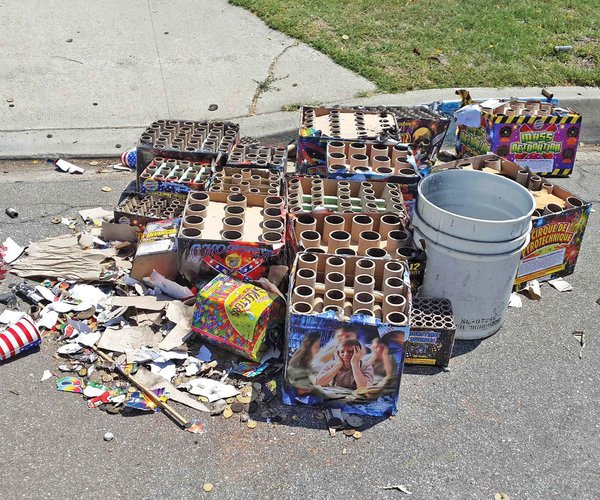Two marijuana dispensaries are enough for Ceres, the City Council weighed in Monday, but signaled it’s open to considering offering other types of permits related to cannabis.
City Manager Toby Wells said that there are firms interested in setting up cannabis testing facilities in Ceres which could bring in additional revenues. Those types of operations tend to be smaller with less product on hand. The majority on the council also seemed open to allowing other cannabis related businesses.
The state won’t issue any type of marijuana licenses unless the local government, such as a city or county, approves. The state offers 14 different types of cannabis cultivation licenses as well as testing facilities and distribution. Cannabis events also require a license.
Ceres was one of the first cities in California to permit an indoor medical marijuana manufacturing plant – Kase’s Manufacturing – in exchange for generous fees that have augmented an otherwise barebones budget. Since that time the council approved two marijuana dispensaries – Pacafi Cooperative on Angie Avenue and Kase’s Journey on Farm Supply Drive – which have infused more cash into city coffers through unique developer agreements. In May the council voted 3-2 to allow those two medicinal marijuana dispensaries to sell to adults for recreational use.
The developer agreements crafted to allow the two existing dispensaries and Kase’s Manufacturing have brought about $1 million into the city’s General Fund and could be as high as $2 million for the 2018-19 fiscal year. That projection does not include any sales tax from adult use cannabis sales; that tax could add another $200,000 per year to the city General Fund depending on how well the dispensaries do.
The regulations on “legal” cannabis sales are pushing up the cost of product and making the black market flourish, said Wells.
Local officials are mindful that permitting too many dispensaries could cause operators to be less competitive. Modesto has limited dispensary numbers at 10 and the county is ready to issue seven retail licenses with up to 61 in total.
Councilman Channce Condit said he wouldn’t support additional marijuana licenses unless all or most of those revenues go to revenue. Currently it’s mostly all going to public safety.
Vice Mayor Linda Ryno is against most cannabis operations except for testing facilities.
She cautioned the council that cannabis “cannot be our saving grace.” She said relying on those funds and watching sales lag will put the city “in a world of hurt.”
If the city began approving indoor commercial cultivation activities, they would be limited to industrial zones.
Councilman Bret Durossette feels cannabis has given the city the ability to hire additional public safety employees and give employees raises.
“I’m all for looking at other avenues – no (new) dispensaries whatsoever,” he said. “Also no cannabis event. But at the same time if we can get up to the $2 million realm by manufacturing and cultivating I’m all for it.”
Councilman Mike Kline said he’s open to cannabis testing facilities and open to manufacturing operations.
Prop. 64 makes it legal at the state level to possess, transport, process, purchase, obtain, or give away, without any compensation, no more than one ounce of dry cannabis or eight grams concentrated cannabis to adults the age of 21 or older. Marijuana is still illegal at the federal level, including on federal lands such as national parks.
Wells also updated the council as to where the city is in regard to setting up guidelines for residents to apply for permits to grow recreational marijuana in light of the passage of Proposition 64 in 2016. The city does not allow outdoor marijuana cultivation but does allow adults to grow up to six plants indoors. The measure allows cities to add “reasonable” restrictions but the city has not moved forward because of legal challenges. Wells said the city of Fontana adopted regulations which were considered too onerous by one court last year.
“Most cities have been waiting to see how courts decide on that case and … they basically said try again, those regulations are too onerous,” said Wells.





